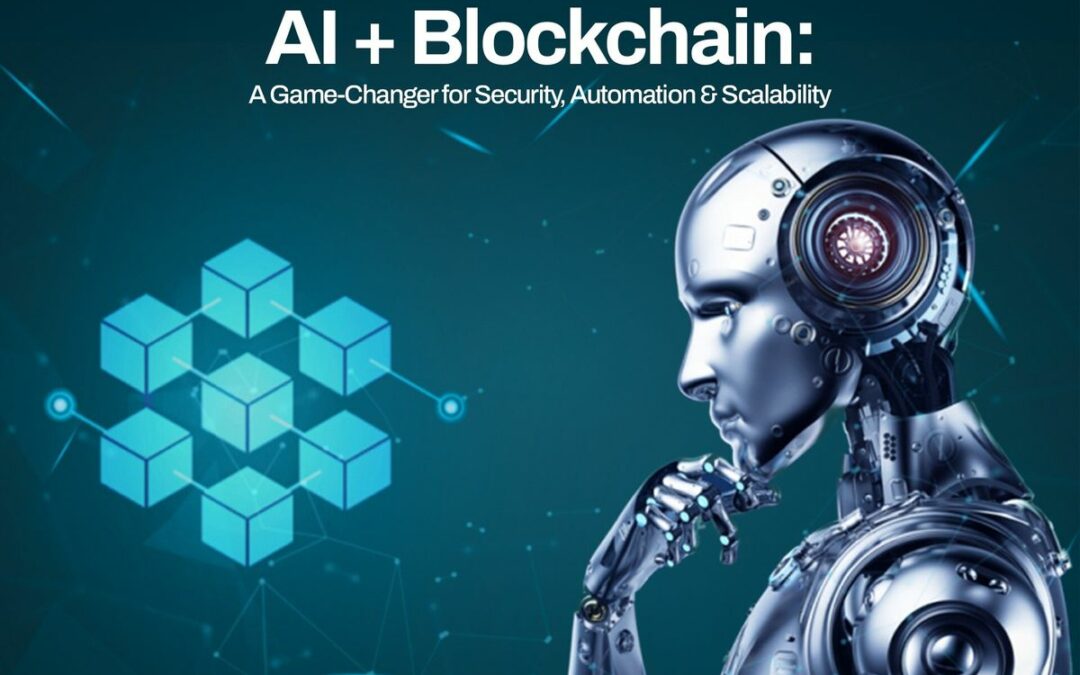Artificial intelligence (AI) is evolving at lightning speed, powering everything from chatbots to financial forecasting systems. But there’s one major problem: data privacy and security. AI models need vast amounts of data to learn and improve — yet that same data often contains sensitive personal or business information. Once data is shared, it’s hard to control how it’s used or who can access it. This is where blockchain technology enters the picture.
The Problem with AI Data Privacy
AI systems depend heavily on large datasets for training. However, these datasets can expose user information if not handled properly. Centralized storage systems are vulnerable to hacks, leaks, and misuse. Once a dataset is compromised, restoring trust becomes nearly impossible.
Many companies promise “secure” AI, but behind the scenes, user data is still collected, stored, and analyzed in ways users can’t see. This lack of transparency makes people skeptical — and rightfully so.
How Blockchain Can Help
Blockchain, the same technology that powers Bitcoin and Ethereum, offers a decentralized and transparent way to store and verify data. Here’s how it can help fix AI’s privacy and security challenges:
Data Ownership and Control
With blockchain, users can own and control their data. Instead of handing it over to centralized companies, users can grant AI systems limited access via smart contracts — keeping full ownership and transparency.
Immutable Audit Trails
Every transaction or data access request recorded on a blockchain is permanent and traceable. This ensures that AI systems remain accountable — no more hidden data manipulation or unauthorized access.
Decentralized Data Storage
Storing AI training data across a blockchain network (rather than in one central server) drastically reduces the risk of hacks or data breaches. Even if one node is compromised, the overall dataset remains secure.
Federated Learning with Blockchain
Federated learning allows AI models to train across multiple devices without transferring raw data. Combining it with blockchain ensures that the process is verifiable and tamper-proof — enhancing both privacy and trust.
Real-World Use Cases
Several startups and research institutions are already experimenting with blockchain-powered AI. Projects like Ocean Protocol and Fetch.ai are working on creating decentralized AI data marketplaces, where users can safely share data while maintaining control and earning rewards.
Healthcare, finance, and supply chain sectors are leading the charge — industries where data security and privacy are non-negotiable.
Challenges Ahead
Of course, this integration isn’t without hurdles. Blockchain networks can be slow, and the storage requirements for AI datasets are massive. Scalability remains a key challenge. Moreover, regulatory clarity is still evolving around decentralized data sharing.
The Future of AI Privacy
The combination of AI and blockchain isn’t just a technological trend — it’s a step toward a more ethical and secure digital future. By giving users back control over their data and making AI systems transparent, blockchain could help rebuild the trust that today’s data-driven world desperately needs.
In the coming years, we may see a new era where AI doesn’t just get smarter — it gets fairer, safer, and more accountable, thanks to blockchain.

